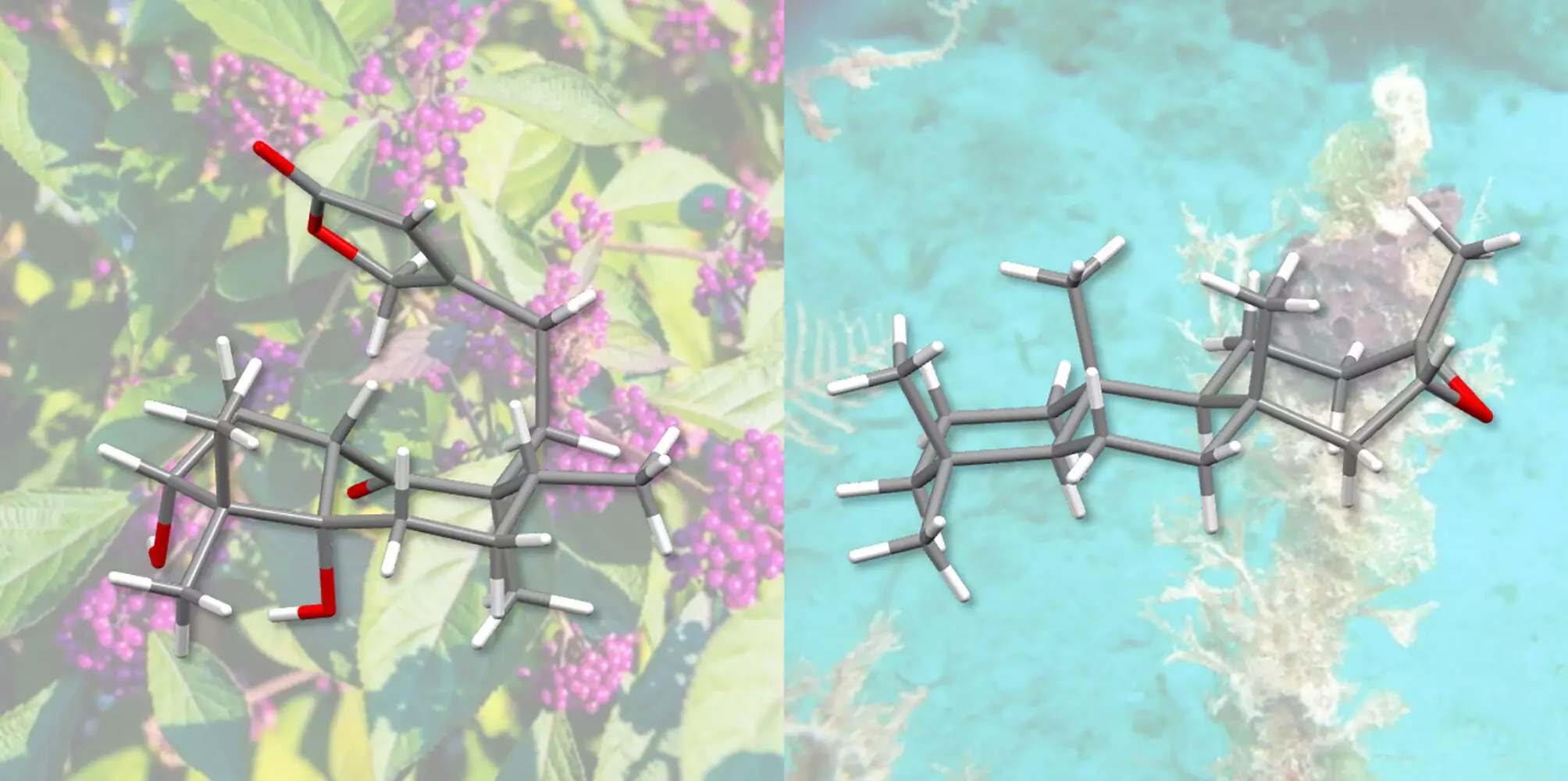Terpenes are natural substances that are essential in various industries, from cosmetics to pharmaceuticals. However, synthesizing these complex molecules has always been a challenge for chemists. A team of researchers at the University of Basel has recently introduced a new method of synthesis that could revolutionize the production of terpenes.
Terpenes have shown promising potential as the basis for new medications, particularly in the treatment of diseases such as cancer, malaria, and epilepsy. In order to fully harness their therapeutic benefits, it is crucial to be able to produce them synthetically from simple starting materials. This not only allows for precise control over their molecular structure but also enables targeted modifications to enhance their properties.
The Breakthrough in Total Synthesis
Professor Olivier Baudoin and his doctoral student Oleksandr Vyhivskyi have successfully developed a new approach to the total synthesis of terpenes. They were able to artificially produce two diterpenes, randainin D and barekoxide, using this innovative method. Randainin D, extracted from plants originally, has shown inhibitory effects on enzymes associated with various diseases, making it a potential candidate for new therapeutic agents.
Baudoin and Vyhivskyi’s synthesis method involved a series of steps, including ring-closing metathesis and photocatalysis. By harnessing the power of light energy, they were able to create the complex ring structure of the molecules and incorporate key chemical components like the allyl group. The use of photocatalysis proved to be a game-changer in the synthesis of terpenes, showcasing its potential for future developments in medicine.
Advancements in Simplification
The researchers also managed to simplify the total synthesis of barekoxide, a compound that had previously been synthesized using a more laborious process. By reducing the number of steps from ten to seven, Baudoin and Vyhivskyi have streamlined the production of this terpene, making it more accessible for future research and applications.
The innovative approach to terpene synthesis developed by the researchers at the University of Basel has opened up new possibilities for the production of complex natural substances. Their groundbreaking work not only demonstrates the potential of photocatalysis in drug development but also highlights the importance of synthetic methods in unlocking the full therapeutic potential of terpenes. With further research and advancements in this field, we may see a new era of medication development fueled by the power of natural compounds.


Leave a Reply